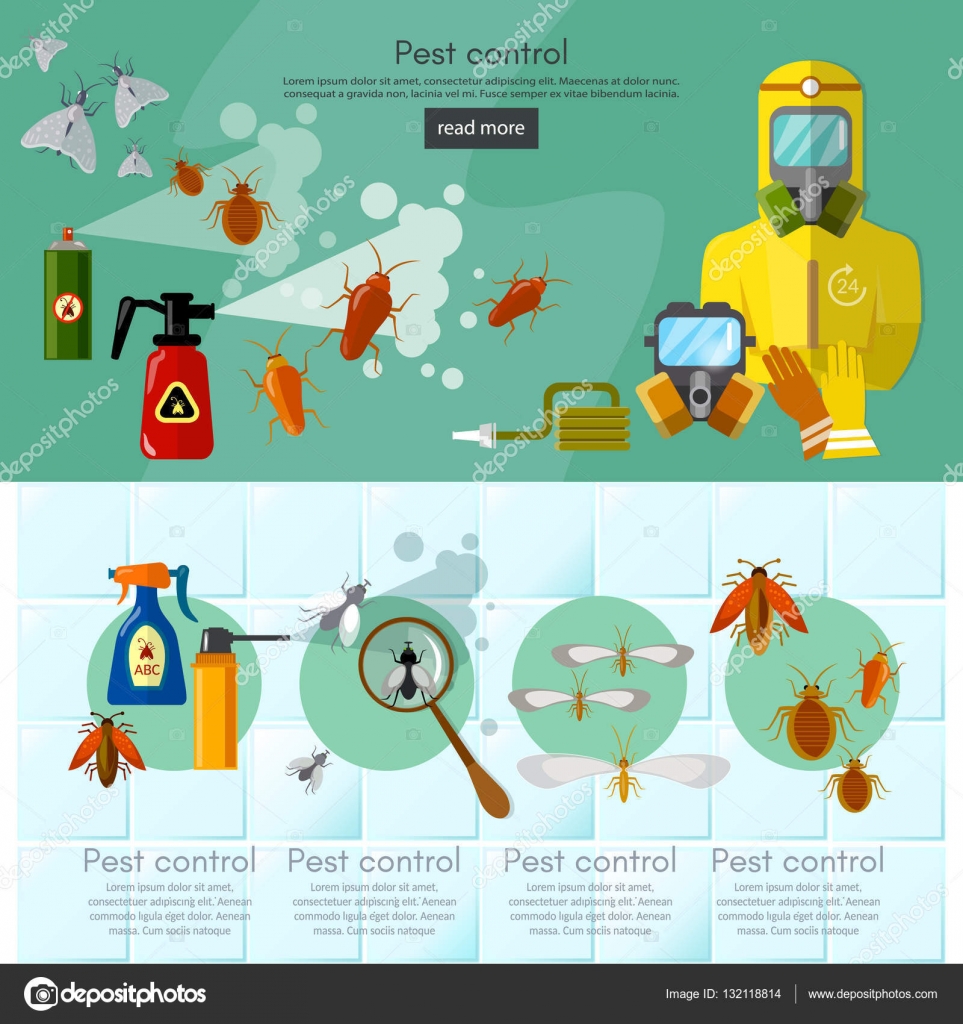The Function Of Parasite Exterminators In Environmental Sustainability
The Function Of Parasite Exterminators In Environmental Sustainability
Blog Article
Composed By-Bjerg Dickey
You may think that pest exterminators are just concerned with removing insects, but their duty exceeds that. They play an important part in environmental sustainability.
By using incorporated parasite monitoring strategies, they not only remove bugs however additionally safeguard biodiversity.
In addition, they employ lasting parasite elimination methods to minimize ecological threats.
So, following time you doubt the importance of parasite exterminators, remember their contribution to a greener and much healthier planet.
The Importance of Integrated Bug Administration
You ought to recognize the importance of integrated pest management in preserving a lasting setting.
Integrated Insect Monitoring (IPM) is a method that concentrates on stopping and regulating insects while reducing the use of unsafe chemicals. By applying IPM techniques, you can properly handle parasite populations without causing injury to the environment.
One key facet of IPM is making use of organic controls, such as killers and bloodsuckers, to naturally control pest populations. This decreases the need for chemical pesticides, which can have harmful effects on wild animals and communities.
Furthermore, IPM promotes making use of cultural and physical controls, such as plant turning and exclusion strategies, to avoid pests from coming to be a trouble to begin with.
Safeguarding Biodiversity Through Pest Control
We can secure biodiversity with efficient bug control approaches that prioritize the preservation of natural environments. By using responsible bug control methods, we can secure and maintain the fragile equilibrium of varieties within our setting. https://blogfreely.net/terrance56magen/how-to-choose-the-right-rat-control-products-for-your-home are 3 ways in which insect control contributes to guarding biodiversity:
- ** Protecting indigenous flora and fauna ** - By targeting intrusive species that intimidate indigenous plants and pets, insect control assists guarantee the survival of native species and preserves the all-natural diversity of ecosystems.
- ** Protecting against the spread of diseases ** - Controlling insects such as insects and ticks decreases the threat of conditions spreading to wildlife populations, protecting biodiversity and stopping prospective episodes.
- ** Saving threatened species ** - By managing pests that take advantage of or compete with jeopardized species, parasite control initiatives can boost the possibilities of survival and promote the recovery of vulnerable populations.
Via liable pest control approaches, we can proactively add to the conservation of biodiversity and the sustainability of our environment.
Mitigating Environmental Risks With Sustainable Parasite Elimination Methods
By using lasting bug extermination methods, you can successfully alleviate ecological risks while guaranteeing the security and health of both human beings and the natural ecological community. Conventional parasite control techniques typically involve making use of dangerous chemicals that can have detrimental impacts on the setting.
However, sustainable bug elimination techniques focus on minimizing these threats by using environmentally friendly alternatives. For example, integrated pest management (IPM) approaches focus on using non-toxic and eco-friendly products, as well as all-natural killers to regulate pest populations. This method not just minimizes the negative impact on the environment yet also assists to keep the fragile balance of the environment.
Furthermore, sustainable pest extermination techniques advertise the preservation of biodiversity by targeting certain insects without hurting valuable microorganisms. By embracing mouse click the next document , you can contribute to a much more sustainable and eco-friendly strategy to pest control.
Conclusion
You are the pest exterminator, the guardian of nature's consistency. With integrated parasite administration, you stabilize the delicate environment, making certain the survival of varied types.
Via sustainable techniques, you mitigate ecological threats, keeping the delicate balance undamaged.
Like a harmony conductor, you manage the rhythm and circulation, shielding the biodiversity that dancings in ideal harmony.
With every step you take, you develop a globe where nature prospers, where parasites pull away, and where sustainability preponderates.
